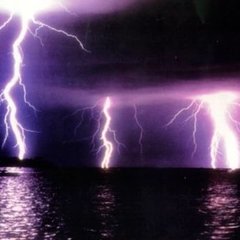Sign in to follow this
Followers
0

Dynamic tension = Chi kung while tensing = More jing or Chi?
By
yondaime109, in General Discussion

By
yondaime109, in General Discussion